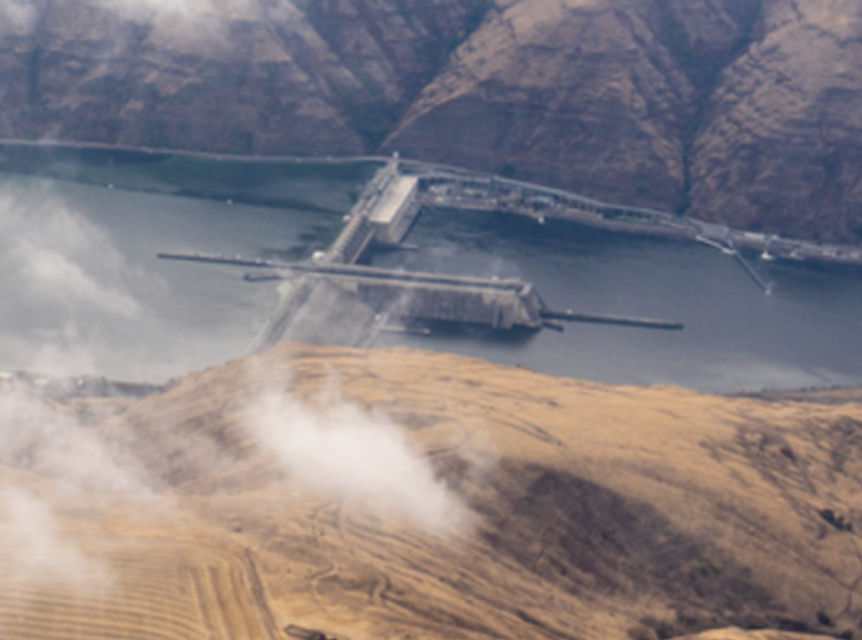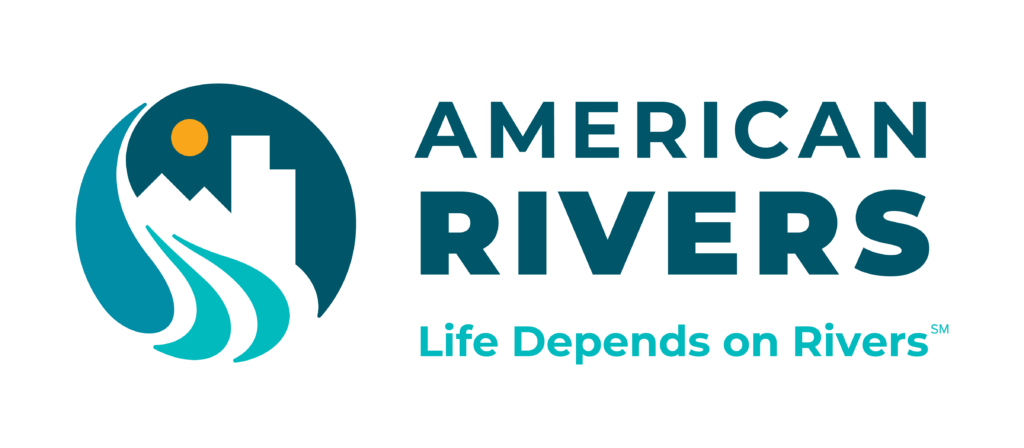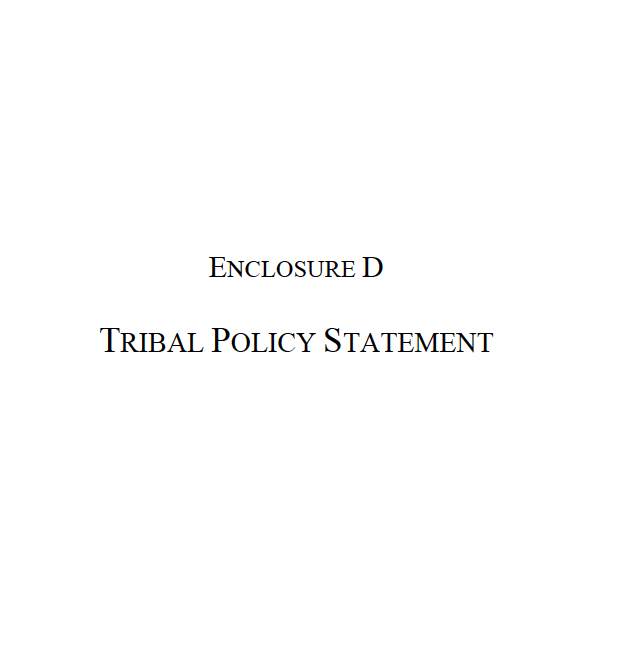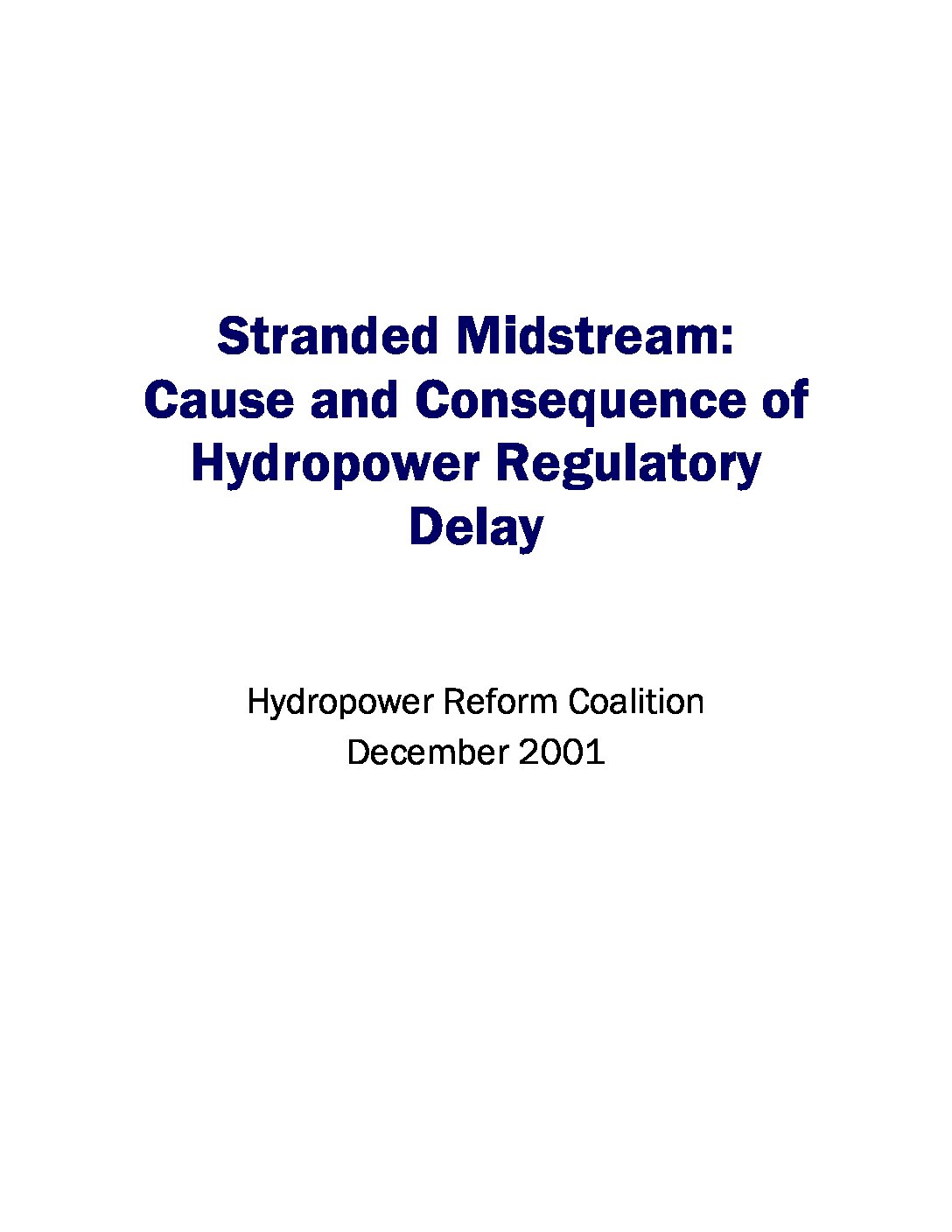


Environmental policy updates: NEPA, BLM, & public lands
In the world of environmental policy, this summer has been busy with three new proposed rules from the Federal Government, which include changes to the National Environmental Policy Act (NEPA), a Public Lands Rule, and revisions to the Bureau of Land Management’s...
Why?- because river advocacy is cultural preservation
Kayeloni Scott, Communications Director at American Rivers, is a Spokane Tribal member and Nez Perce descendant who grew up in the Pacific Northwest. The question was recently posed: What is your “why”? Why do I do this work? My immediate thought was, it just...
Tribal Policy Statement
FERC policy statement to articulate its commitment to promote a government to-government relationship between itself and federally-recognized Indian tribes. The policy statement recognizes the sovereignty of tribal nations and the Commission’s trust responsibility to Indian tribes. The policy statement also establishes a tribal liaison position. Finally, the policy establishes certain actions specific to the hydroelectric program.

Stranded Midstream: Cause and Consequence of Hydropower Regulatory Delay
This report proposes recommendations to the hydropower licensing process based on an analysis of 51 projects whose license applications have been awaiting final action for more than five years. The analysis includes the cause of licensing delays, NEPA and cumulative environmental effects, fish passage and federal lands protection, settlement agreements, unconstructed projects, dam removal, endangered species, and Tribal consultation. Recommendations include limitations on annual licenses, timeliness of studies, joint schedules for relicensing, early FERC staff involvement, flexible conditions, consolidated watershed licensing, agency funding, respecting Tribal sovereignty, and more.
